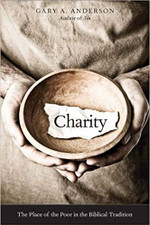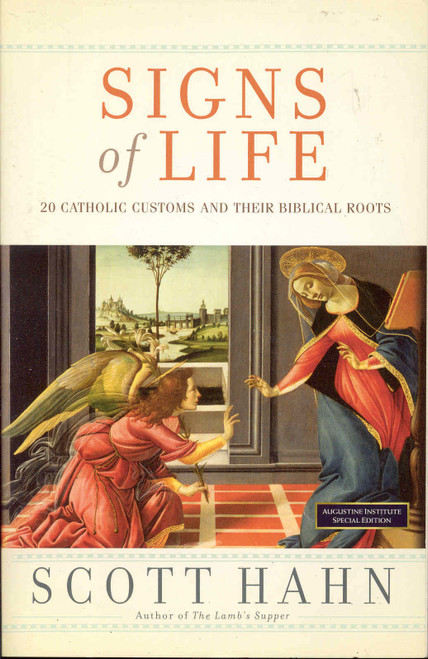Details
A leading biblical scholar places charity back at the heart of the Judeo-Christian tradition, arguing for its biblical roots.
It has long been acknowledged that Jews and Christians distinguished themselves through charity to the poor. Though ancient Greeks and Romans were also generous, they funded theaters and baths rather than poorhouses and orphanages. How might we explain this difference?
In this significant reappraisal of charity in the biblical tradition, Gary Anderson argues that the poor constituted the privileged place where Jews and Christians met God. Though concerns for social justice were not unknown to early Jews and Christians, the poor achieved the importance they did primarily because they were thought to be “living altars,” a place to make a sacrifice, a loan to God that he, as the ultimate guarantor, could be trusted to repay in turn.
Contrary to the assertions of Reformation and modern critiques, belief in a heavenly treasury was not just about self-interest. Sifting through biblical and postbiblical texts, Anderson shows how charity affirms the goodness of the created order; the world was created through charity and therefore rewards it.
Gary A. Anderson is Hesburgh Professor of Catholic Theology, University of Notre Dame. He lives in South Bend, IN.
Book: Paperback
ISBN: 9780300198836
Publication Date: November 25, 2014
Publication Date: November 25, 2014
Page Count: 232 pages
Review (1)
Yale University Press
Charity: The Place of the Poor in the Biblical Tradition (Paperback)
$20.00
- Explore the roots of the Judeo-Christian concept of Charity
- Discover how the poor constituted the priviliged place where Jews and Christians met God
- Gary A. Anderson draws upon his theological knowledge as a Professor at the University of Notre Dame
- UPC:
- 9780300181333







